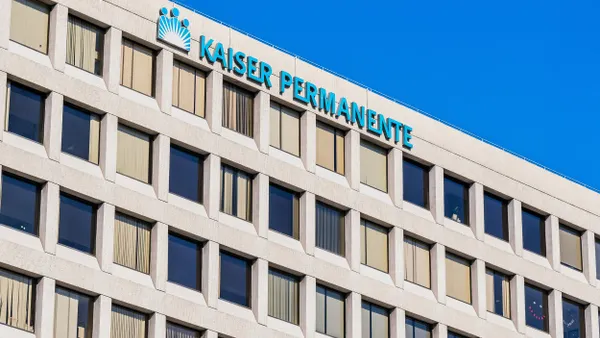Dive Brief:
- Hospital and health systems are aggressively continuing to acquire physician groups, largely to keep the downstream revenue and referral base from going to competitors, healthcare appraiser Stuart Neiberg told a recent orthopedics conference.
- Hospitals are trying to limit their liability: About nine in 10 practice acquisitions today are fixed-asset deals, limiting the historical malpractice liability of the acquirer. Under this model, the acquirer pays fair-market value for the practice’s assets, such as inventory and other tangible fixed assets.
- Deals between “referring parties” must be done at FMV to comply with anti-kickback laws and the Stark law, which prohibits self referrals. But the increase in practice acquisitions by insurers and other managed care providers creates a grey area around FMV regulations that may give them an unfair advantage over hospitals engaging in the same acquisitions.
Dive Insight:
The answer as to whether insurance companies must comply with FMV standards is a resounding "maybe," Neiberg said. If the insurer runs any Medicare Advantage plans or manages any government funds, then lawyers typically recommend taking the safe route and offering FMV, he said. Otherwise, it is a grey area.
The bottom-line concern, according to Becker's Hospital Review: As business models of providers and health insurers increasingly converge, insurers’ could use their ability to acquire above FMV to their competitive advantage. And then how can hospitals — held to stricter legal standards — compete?














